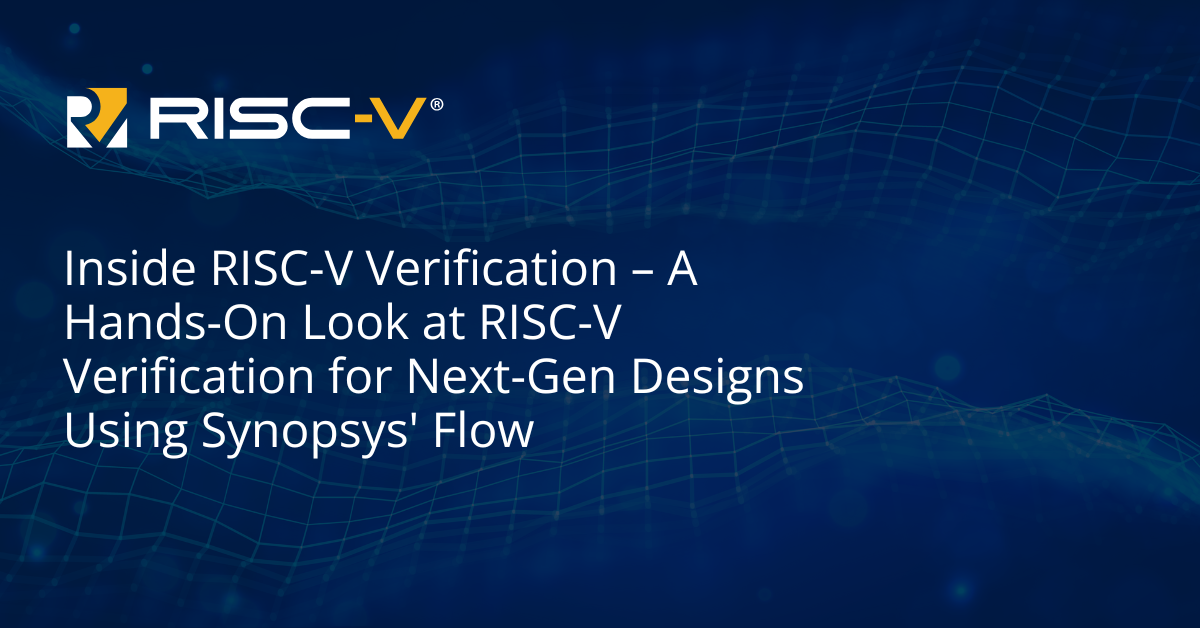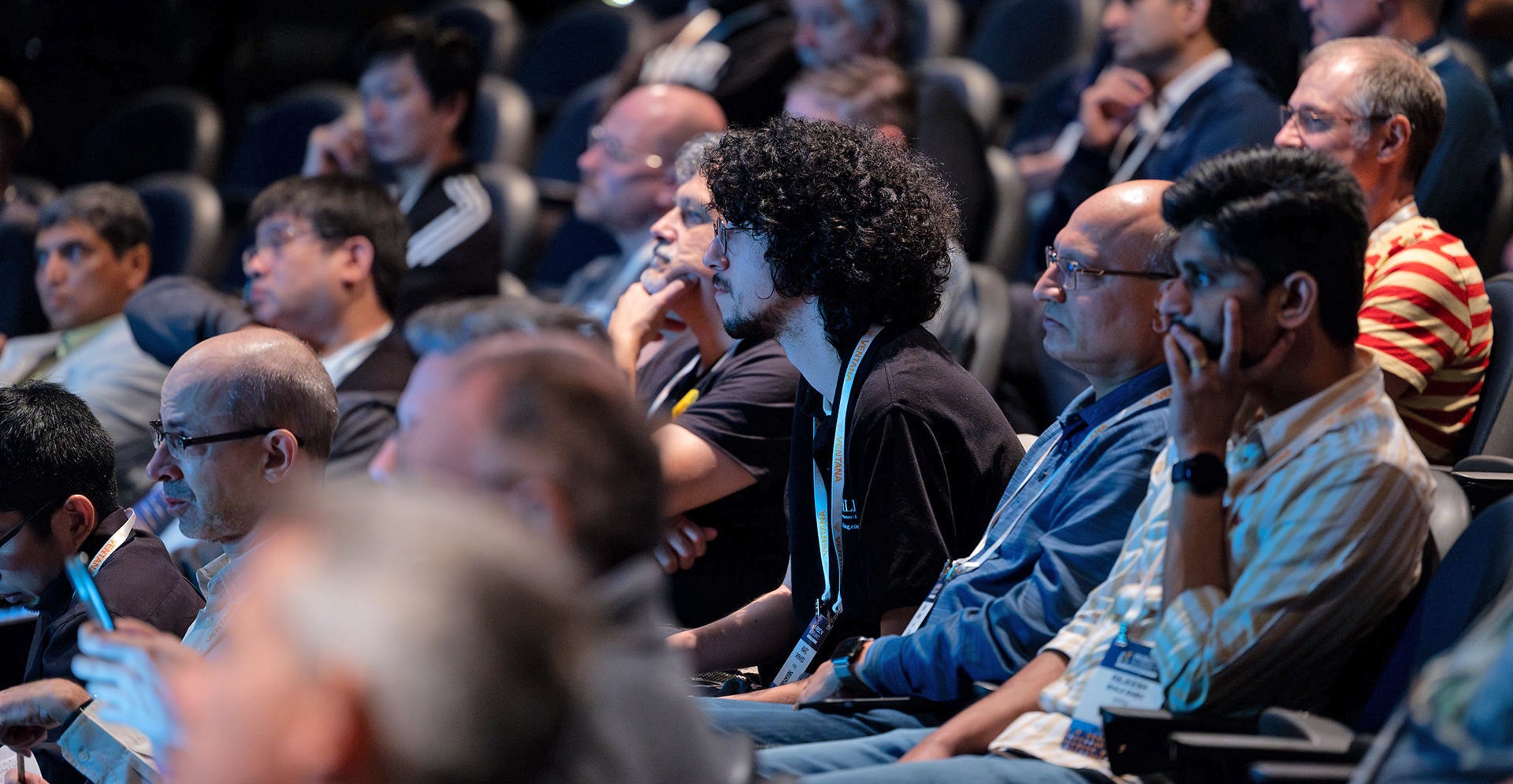
By: Kezia Leung
The RISC-V Summit Europe brought together members of the RISC-V community from industry, government, research, and academia to explore how RISC-V is shaping the future of innovation. One of the highlights from the event was a panel on the growing adoption of RISC-V in Europe, featuring leaders from the Barcelona Supercomputing Center (BSC), EU Commission, EuroHPC, Munich University of Applied Sciences, NXP, RISC-V International, and Semidynamics.
The Impact of RISC-V on the European Economy
The panelists discussed the flurry of RISC-V activity in Europe and underscored how RISC-V is critical for Europe’s future. Luis-Carlos Busquets-Perez, Administrator at the EU Commission, explained that open standards like RISC-V have “a very important economic impact in the European economy.” Backing up that point, Semidynamics’ CEO Roger Espasa said that RISC-V is “a really easy policy choice” as the EU is working to boost its chipmaking efforts.
Daniel Opalka, Head of the R&I Sector at EuroHPC—which is a joint initiative between the EU, European countries, and private partners—talked about how RISC-V is playing a prominent role in Europe’s high performance computing (HPC) efforts. He shared that EuroHPC is working to develop cutting-edge RISC-V HPC solutions that will be freely available for researchers and the industry to innovate.
Collaboration with Academia, Industry & Policymakers
The discussion also focused on the important role of collaboration in the RISC-V ecosystem. RISC-V International’s CEO Calista Redmond had the panelists share their thoughts on how academia, businesses, and policymakers can work together to maximize the potential of RISC-V without hindering one another. NXP’s Director of Strategic Partnerships Patrick Pype had three recommendations: “Communicate. Communicate. Communicate.” He touched on how it’s “very important to keep talking to find synergies” and collaborate “to define common areas of interest and common programs.”
John D. Davis, Director and Leading Researcher at BSC, examined the role of education in teaching the next generation about RISC-V. He said that RISC-V should be “the basis for all future research and technologies” since RISC-V is “an enabling technology and a language for us as researchers to communicate to industry new novel ideas and proofs of concepts from hardware all the way up to the applications on the top.” In the future, Davis would like to see parents encouraging their kids to assemble RISC-V processors, similar to the way that kids play with legos. He also talked about the role of RISC-V in higher education, sharing that while there is a lot of traction for RISC-V in undergraduate programs, it is important for policymakers and universities to offer more RISC-V training in master’s degree programs. Graduate students represent the next generation of researchers, so investing in their success is important to drive future technology breakthroughs.
Stefan Wallentowitz, a professor from the Munich University of Applied Sciences, chimed in with his assessment of academia’s current predicament. He explained how academic institutions face a stark reality with insufficient funding and a scarcity of viable research projects. As a result, stakeholders outside of academia need to contribute financial support to universities so researchers can tackle more ambitious projects and attract more talent to the field.
For more content from RISC-V Summit Europe, head over to the RISC-V International YouTube channel.
RISC-V Educational Resources & Job Opportunities
RISC-V International has a number of projects in progress to support academia and boost the talent pipeline. RISC-V Learn provides a variety of educational resources to deepen individuals’ understanding of RISC-V and give them the tools they need to succeed in their career. In addition to a great selection of university resources, participants can take certification courses to boost their resume.
Furthermore, the RISC-V Careers page is another great resource where professionals and students can find their next job. We also encourage students to check out the opportunities in the RISC-V Mentorship Program, which pairs mentees and interns together for 12 weeks on all sorts of RISC-V projects. The deadline for the Fall 2023 session is Aug. 7, so make sure to apply soon.
To learn about how to become a RISC-V member and get involved in the community, please visit the Membership page.


